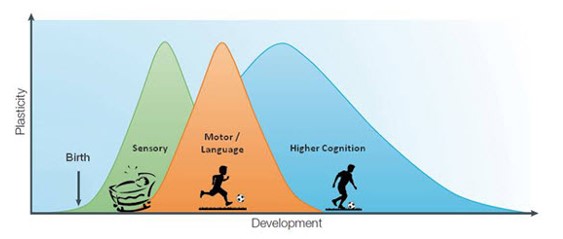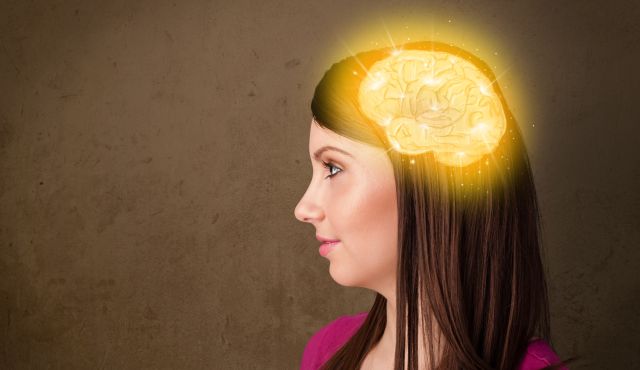Posts Tagged ‘neural plasticity’
Why MDMA-assisted psychotherapy may become an FDA-approved treatment for PTSD within 2 years
For people with post-traumatic stress disorder, recalling memories of physical or sexual assault, combat or disaster-related events can induce intense anxiety or panic attacks as well as debilitating flashbacks. In the U.S., about 7% of people suffer from PTSD and lose an average of about four working days each month as a result. Trauma-specific psychotherapy,…
Read MoreStudy: Psychedelics can promote neural plasticity in the prefrontal cortex and expand pathways for mental health
Psychedelics in Neurology: Potential for Improving Neuroplasticity (NeurologyTimes): “Back in the 1950s, research was proving that psychedelic agents could be effective in the treatment of various neuropsychiatric disorders. Unfortunately, just as science was exploring their beneficial effects, the counterculture was exploring and embracing their effects. Slowly but surely, psychedelics were associated with rebellious youth and…
Read MoreKids for life? Pros and cons of lifelong neuroplasticity, as seen via our emotional development
The Brain’s Emotional Development (Dana Foundation’s Cerebrum): “Humans are likely the most emotionally regulated creatures on earth. Compared to other animal species, we can modulate and modify emotional reactions and experiences, even very intense ones, through a large and sophisticated emotion regulation repertoire that includes skills of distraction, reappraisal, language, prediction, social interaction, suppression, and…
Read MoreWhy “Untrained Brains Are A Bit Like Puppies,” And How To Put Together the Building Blocks of a Smarter, Happier Mind
— As a child, I was convinced that my dad just went to work to play. My father was a neuroscientist at Baylor University, and his office was full of brightly colored blocks to test intelligence, books by MC Escher to study perception, and even a soundproof room covered in blue foam that I thought was…
Read MoreStudy: Brain training game can improve prospective memory and activities of daily living
‘Virtual Week’ brain game has potential to help older adults remain independent longer (press release): “An international team of scientists has demonstrated that just one month of training on a “Virtual Week” computer brain game helps older adults significantly strengthen prospective memory — a type of memory that is crucial for planning, everyday functioning and…
Read MoreTranscript: Paul Nussbaum on Meditation, Neuropsychology and Thanksgiving
Below you can find the full transcript of our engaging Q&A session yesterday on holistic brain health with clinical neuropsychologist Dr. Paul Nussbaum, author of Save Your Brain. You can learn more about the full Brain Fitness Q&A Series Here. Perhaps one of the best exchanges was:
Read More





